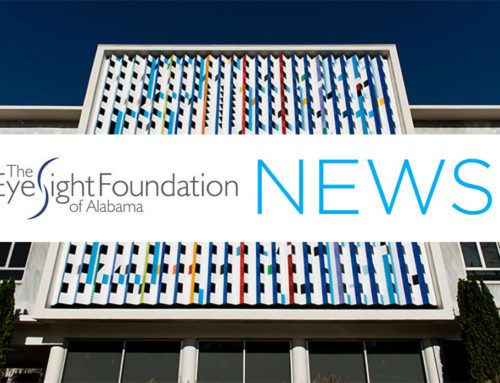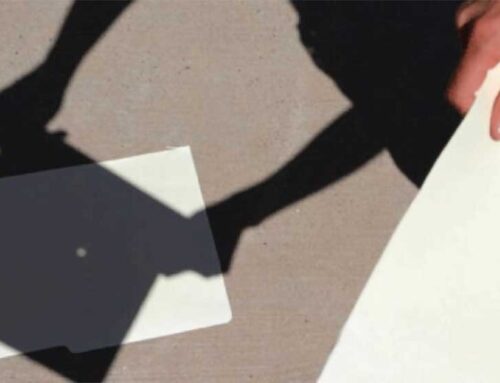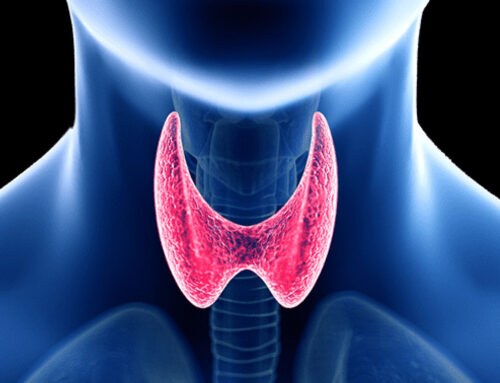
Nobel Laureate Dr. Gregg Semenza (right) and a colleague work in his lab at Johns Hopkins University School of Medicine.
NEW YORK, NY, October 10, 2019—Research to Prevent Blindness (RPB) is pleased to announce that RPB Stein Innovation Awardee Gregg Semenza, MD, PhD, at Johns Hopkins University School of Medicine, has been named a winner of the 2019 Nobel Prize in Medicine. Dr. Semenza and two co-recipients—William G. Kaelin, Jr. of the Dana-Farber Cancer Institute and Sir Peter J. Ratcliffe of Oxford University—were selected as Nobel Laureates for “seminal discoveries… [revealing] the mechanism for one of life’s most essential adaptive processes,” namely, “how oxygen levels affect cellular metabolism and physiological function,” according to The Nobel Assembly at Karolinska Institutet. The work creates the potential for the development of new treatments for a host of diseases, including cancer, coronary artery disease, anemia, stroke and blinding eye diseases.
The work of all three Laureates builds upon each other to show that oxygen sensing is a vital function across many cell types. Specifically, Dr. Semenza discovered a protein complex that binds to a DNA segment in an oxygen-dependent manner, which he named hypoxia-inducible factor (HIF). When oxygen sensing in cells fails or is interrupted because HIF cannot properly bind to DNA, it can lead to disease in many different areas of the body, depending on which cells are affected.
Dr. Semenza, who is the C. Michael Armstrong Professor of Pediatrics, Medicine, Oncology, Radiation Oncology, Biological Chemistry, and Genetic Medicine, is using his RPB grant to apply and extend the knowledge gained during his Nobel Prize-winning work to eye diseases that are characterized by extraneous blood vessel growth, or angiogenesis.
“We and others have shown the critical role of HIF in stimulating angiogenesis in the eye. With support from RPB, we are now developing HIF inhibitors as a potential therapy for ocular disorders that are associated with neovascularization, such as wet age-related macular degeneration and diabetic retinopathy,” said Dr. Semenza.
“We are so proud of Dr. Semenza’s incredible research accomplishments and are thrilled that with an RPB grant, he is focusing his Nobel-caliber knowledge and skills on the development of treatments for blinding eye diseases,” said RPB President Brian Hofland, PhD.
Dr. Semenza will receive his Nobel Prize in December 2019 at a ceremony in Sweden. His RPB Stein Innovation Award is active through the end of 2020.
To learn more about Dr. Semenza’s Nobel Prize in Medicine, visit https://www.nobelprize.org/prizes/medicine/.
To learn more about his ongoing research, visit https://www.hopkinsmedicine.org/research/labs/gregg-semenza-lab.






